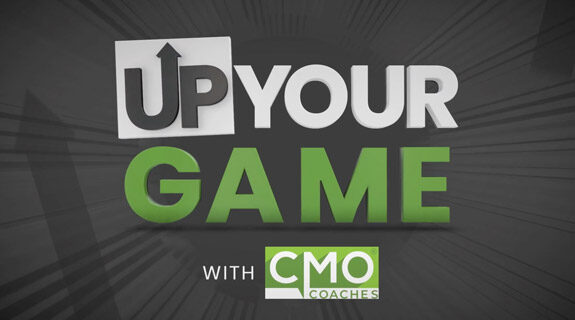Kip is the founder of CMO Coaches, the only coaching network consisting of former CMOs who are now certified executive coaches. Kip has worked in 60 countries, managing diverse teams of all sizes. He began his career at P&G in brand management and has held numerous senior executive roles at PepsiCo, YUM Brands, and eBay. He has also served as CMO at Taco Bell and president of H&R Block. Kip is the co-author of Crafting Persuasion: A Leader’s Handbook to Change Minds and Influence Behavior and the author of Learn to Leap: How Leaders Turn Risk into Opportunities.
In today’s landscape, the role of a team leader is more complex than ever. If you’re currently leading a team, you’re likely managing a diverse group of members from different generations, each driven by unique incentives and values. This makes leadership challenging. Additionally, hybrid and fractional work environments make it difficult for team members to get to know each other and collaborate effectively.
Being a marketing leader can be lonely and is constantly evolving. CMO Coaches and Up Your Game are designed to provide practical tips and actionable information to help people become better marketers and great leaders.
First and foremost, a great leader believes in their team. They pick them up, dust them off, and get them back in the game. However, great leaders must balance building up their teams with building up their business.
Kip offers tips on ensuring your team feels appreciated and explains why leaders need to praise in public and coach in private. These coaching moments allow leaders to connect with and guide their team members. While professional development is ultimately the individual’s responsibility, the company should provide a clear framework to facilitate that development. This framework, combined with emotional intelligence (EQ) and cultural intelligence (CQ), helps leaders develop and retain top talent. Great leaders also encourage team members to be forthcoming with issues by teaching them to solve problems, not just providing solutions.
All leaders will face hard decisions at some point. By fostering a culture of “disagree and commit,” leaders can shape their team into an efficient machine that generates the best ideas and empowers leaders to make the best decisions. However, no matter how hard you work to develop that culture, there will inevitably be someone who isn’t on board. As a leader, you must make it clear what is and isn’t acceptable. By taking a strong stance, you will decrease drama and maintain the respect of the team.
If you know in your gut that someone is not a good fit, the best thing you can do is let them go without delay. By setting them up with a good exit plan, where they leave with dignity, everyone can move forward sooner.
Leaders live under a microscope and must use this opportunity to model the behavior they want to see in their team members to create a high-performing team.
Timestamps:
[02:40] What is the goal of CMO Coaches and this show? [03:15] Definition of a great manager [04:25] Balancing building a team vs building a businesses [06:30] The importance of genuine appreciation [08:25] Praise in public and coach in private [10:20] Who is responsible for professional development and talent retention? [12:30] IQ vs. EQ vs. CQ [14:40] Resolving unexpected problems [16:15] What it means to disagree and commit [18:00] “If you love drama, leave it in the theater.” [19:40] How to fire and be fired well [21:20] The right time to let someone go [22:00] What is “Shadow of the leader”?



